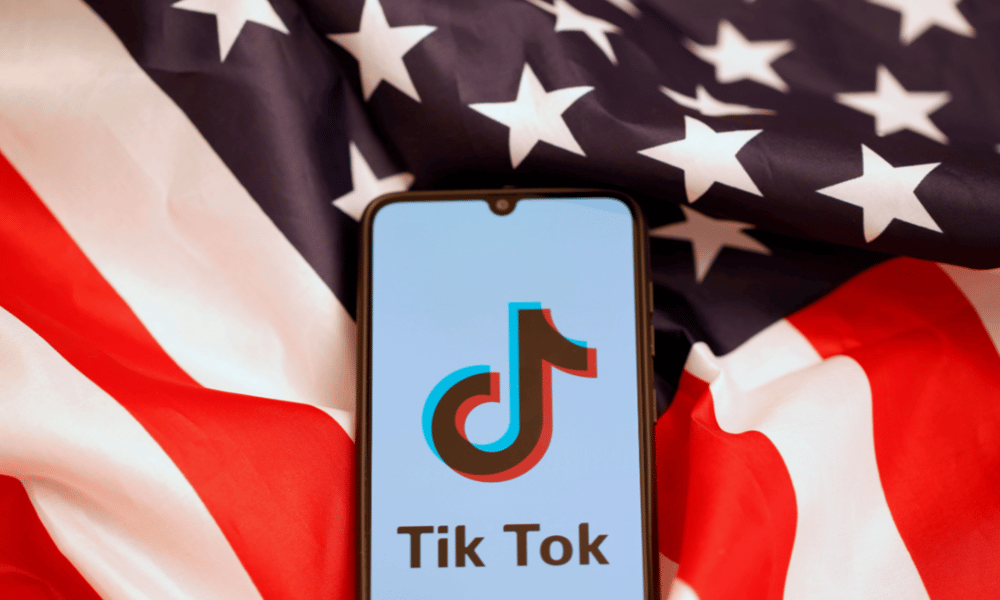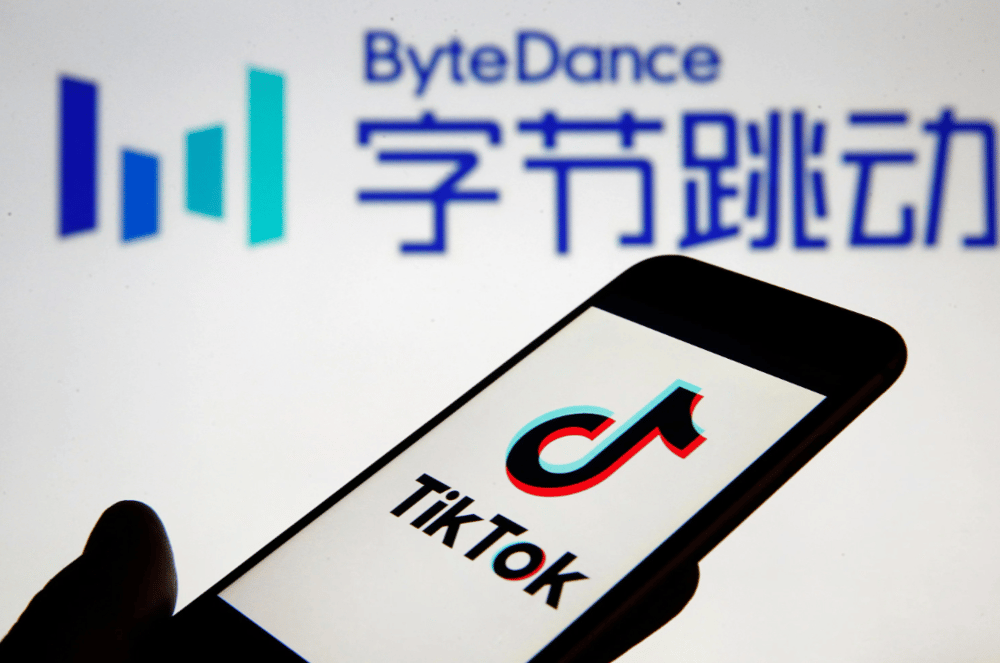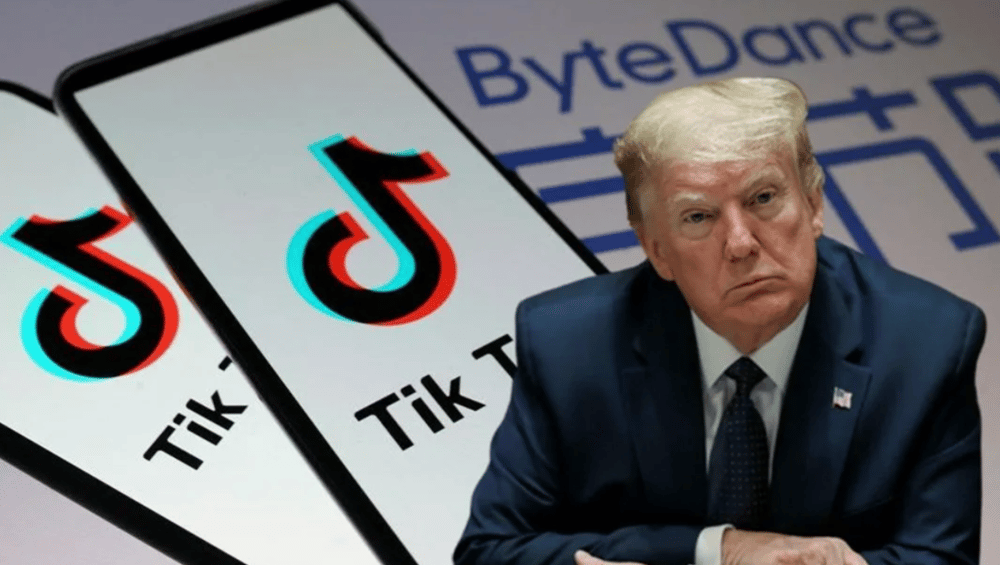TikTok Deadline Extended: Trump Pushes ByteDance Divestment to September
In a move underscoring the enduring geopolitical tensions between the United States and China, U.S. President Donald Trump issued an executive order extending the deadline for ByteDance to divest its U.S. operations of TikTok. The decision gives the Chinese tech company until September 17 to complete the mandated sale of the popular short-video platform’s American assets. This extension comes despite earlier legal frameworks that required a shutdown or divestiture in the absence of significant progress.
ByteDance’s Dilemma: Strategic and Political Crossroads
The TikTok case has evolved into a landmark moment in global tech regulation and digital sovereignty. Initially framed as a national security concern, the U.S. government's demand for ByteDance to divest TikTok’s U.S. business centers on fears of data privacy violations and potential influence from the Chinese government. While ByteDance has held negotiations with several U.S.-based tech companies, no definitive sale has been completed. The 90-day extension buys time but also amplifies scrutiny over the deal-making process and the precedent it sets for future foreign investments in critical digital infrastructure.
The Committee on Foreign Investment in the United States (CFIUS) has been instrumental in the legal groundwork, recommending the divestment after concluding that TikTok’s data collection practices pose risks to U.S. national security. Trump's new order temporarily delays enforcement but reaffirms the administration's firm stance on curbing Chinese technological influence.

Key Facts
🔹 ByteDance now has until September 17, 2020, to divest U.S. TikTok assets
🔹 The original executive order called for a 45-day deadline ending mid-August
🔹 CFIUS previously mandated the sale due to national security concerns
🔹 ByteDance has explored deals with companies such as Microsoft $MSFT and Oracle $ORCL
🔹 The executive order emphasizes data protection and user privacy risks
Market Reactions and Broader Implications
The markets responded cautiously to the announcement, with tech indices such as the NASDAQ Composite $^IXIC showing little immediate movement, reflecting investor uncertainty over the eventual outcome. While TikTok’s fate may not directly sway equity prices in the short term, the episode has deeper implications for cross-border mergers and acquisitions, particularly involving Chinese firms.
Analysts note that this move sets a precedent for “forced divestitures” — a regulatory instrument rarely used with such visibility. It signals to multinational companies that U.S. authorities are increasingly willing to intervene in corporate structures if national security is perceived to be at stake. The decision also reignites debates over the extent to which foreign platforms can operate within U.S. digital borders without facing regulatory barriers.

Key Takeaways
Regulatory Leverage: CFIUS has reinforced its role as a gatekeeper of digital national security.
Techlash Intensifies: The order exemplifies growing U.S. scrutiny of Chinese digital platforms.
Uncertain Deal Prospects: Negotiations remain inconclusive, keeping market participants on edge.
Legal Frameworks in Focus: Executive actions are redefining boundaries for foreign corporate control.
Global Precedent: Other countries may adopt similar models for digital sovereignty enforcement.
Conclusion
The extension of ByteDance’s TikTok divestment deadline to September 17 highlights the continuing strategic contest between Washington and Beijing in the realm of technology governance. While the reprieve allows more time for potential buyers and regulatory due diligence, it does not soften the core demands of U.S. policymakers. Instead, it reinforces a new era of assertive state involvement in global tech affairs — one where corporate decisions are increasingly shaped by national interest and security doctrine.















Comments